For frequent travelers to Europe, the long wait times for Schengen visa appointments have become a notorious bottleneck. The process often involves weeks or even months of waiting, with applicants scrambling to secure slots at overcrowded consulates. However, a little-known VIP channel promises to cut this waiting period by up to five days—for an additional fee of around 300 yuan. While not officially advertised, this expedited service is quietly gaining traction among business travelers and last-minute tourists.
The Schengen visa, which allows entry to 26 European countries, is notoriously difficult to obtain quickly. Standard processing times vary by nationality and consulate, but delays have worsened post-pandemic due to staff shortages and surging demand. Many applicants report waiting over a month for an appointment, followed by another 15-30 days for processing. For those who can’t afford the wait, the VIP option—sometimes called the "premium lane" or "express submission"—offers a workaround.
How does it work? The VIP channel typically operates through authorized visa agencies rather than directly through consulates. These agencies have established relationships with consular offices and can secure earlier appointment dates for clients willing to pay extra. The 300-yuan premium (price may vary slightly by agency) essentially buys queue-jumping privileges, moving applicants to the front of the virtual line. Importantly, this doesn’t guarantee visa approval—only faster submission of documents.
Ethical concerns linger around this practice. Critics argue that paid prioritization creates a two-tier system favoring wealthier applicants, while consulates maintain that all applications undergo equal scrutiny once submitted. Some agencies muddy the waters by implying their VIP service has official backing, though European embassies consistently state that all applicants must meet the same requirements. The premium appears to cover the agency’s administrative hustle rather than any government fee.
Demand spikes predictably around peak travel seasons. During summer and winter holidays, regular slots fill within minutes of release, making the VIP option particularly appealing. Business travelers also frequently opt for the service when dealing with unexpected trips. One Shanghai-based consultant recounted paying the fee to secure a next-day appointment before an urgent Frankfurt meeting: "It felt unfair, but 300 yuan was trivial compared to missing the client pitch."
The process isn’t without risks. Agencies offering the VIP service warn that expedited submission doesn’t equate to faster visa issuance—only that documents reach consular staff sooner. Applicants must still provide flawless paperwork, as rushed applications often contain errors leading to rejections. Moreover, some less scrupulous middlemen exploit desperation by charging exorbitant fees for nonexistent "special access." Travel forums abound with stories of applicants paying double or triple the standard VIP rate for no tangible benefit.
Geographic disparities further complicate the picture. In Beijing and Shanghai, where multiple Schengen states operate consulates, competition among agencies has somewhat normalized VIP pricing. Smaller cities face wilder variations, with some agents demanding 500+ yuan for the same service. The German and French consulates—handling the highest volumes—see the most VIP activity, while Nordic countries’ applications rarely warrant such shortcuts due to shorter standard wait times.
Alternatives do exist for those unwilling to pay. Early birds who plan months ahead can usually secure free appointments, and some consulates release last-minute cancellations at odd hours. Certain nationalities qualify for longer-term multi-entry visas reducing future hassle. Yet as one Guangzhou-based visa agent noted, "Most people don’t think about visas until they’re holding nonrefundable flight tickets." For them, the 300-yuan premium becomes a stress tax.
The VIP channel’s murky status raises questions about transparency in visa services. While not illegal, its existence highlights systemic bottlenecks in the Schengen application pipeline. Consulates could render such services obsolete by expanding capacity or implementing paid official expedited processing—as the UK and US already do. Until then, the 300-yuan shortcut will likely remain an open secret among hurried travelers, equal parts convenience and mild ethical compromise.
As summer approaches, agencies report surging inquiries about the VIP option. One WeChat-based vendor admitted booking 47 expedited appointments in May alone, mostly for families facing school holiday deadlines. "Nobody likes paying extra," they said, "but when your kid’s summer camp in Switzerland starts in three weeks and you’re staring at a 38-day waitlist, suddenly 300 yuan feels like the smartest money you’ll ever spend."
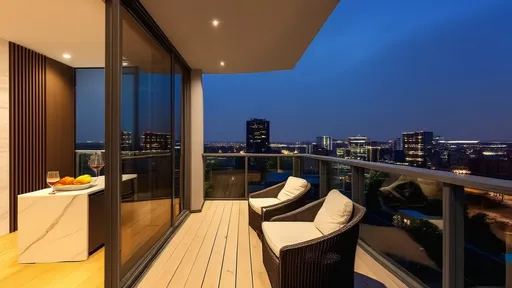
By /Aug 4, 2025

By /Aug 4, 2025

By /Aug 4, 2025

By /Aug 4, 2025
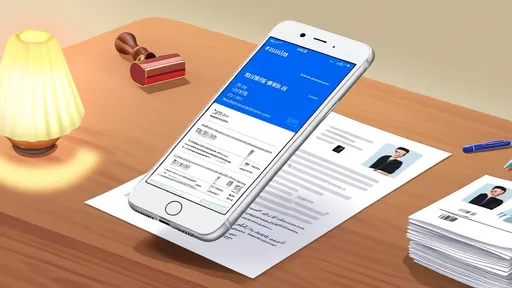
By /Aug 4, 2025
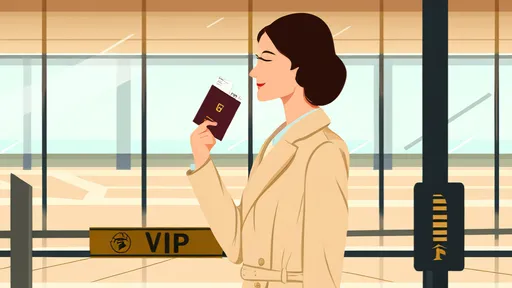
By /Aug 4, 2025

By /Aug 4, 2025

By /Aug 4, 2025
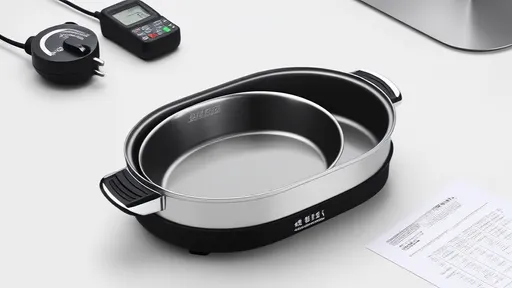
By /Aug 4, 2025
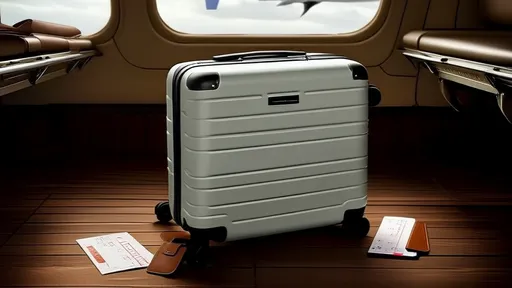
By /Aug 4, 2025

By /Aug 4, 2025

By /Aug 4, 2025

By /Aug 4, 2025

By /Aug 4, 2025

By /Aug 4, 2025
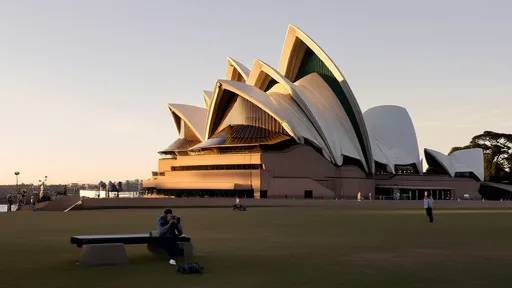
By /Aug 4, 2025

By /Aug 4, 2025

By /Aug 4, 2025

By /Aug 4, 2025

By /Aug 4, 2025